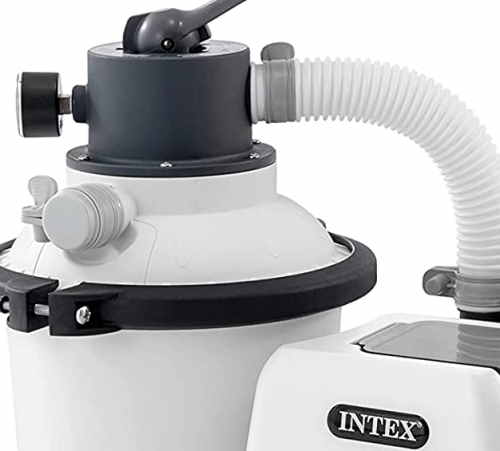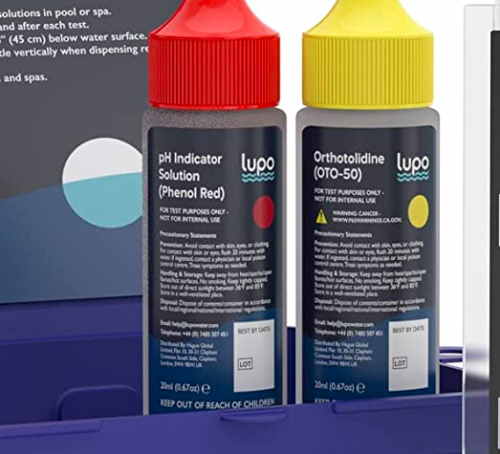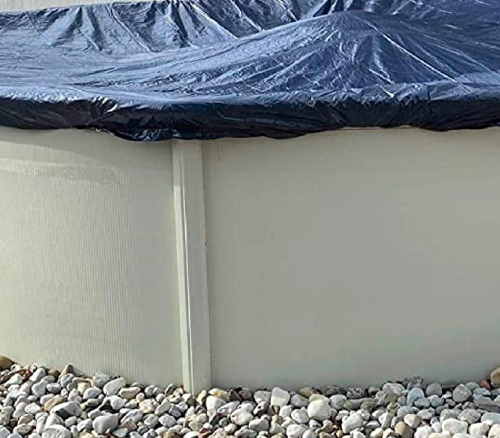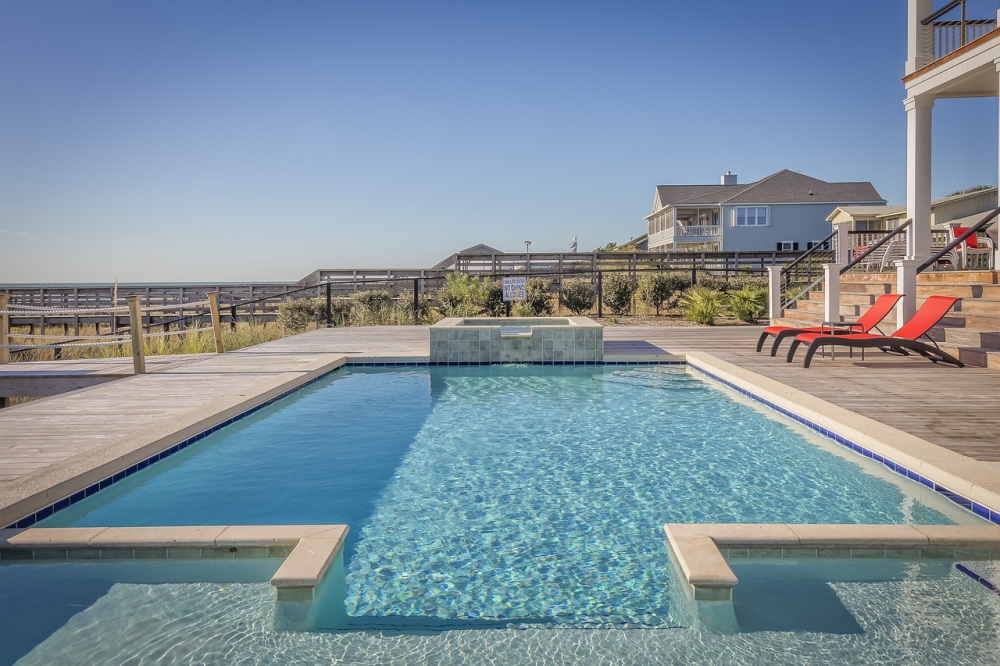Crystal clear water in a swimming pool is a sight to behold. Whether it be an in-ground pool, a public pool, or even an above-ground pool, the sparkling blue water can be mesmerizing. The cleanliness of a swimming pool is essential to ensure a safe and enjoyable experience for swimmers. The question is, how to keep swimming pool water crystal clear?
Crystal clear water in a swimming pool is created when the pool is properly maintained. This includes regular cleaning, skimming, and vacuuming. The filter should also be changed and cleaned regularly to ensure that the water is kept free of debris and dirt. Additionally, the pool should be tested for the proper pH balance and chlorine levels. The chlorine and pH balance can be adjusted to ensure the pool stays crystal clear.
Finally, it is important to ensure that swimmers follow the pool rules to keep the water crystal clear. This includes showering before entering the pool, not wearing sunscreen or lotion, and not bringing food or drinks into the pool. Following these simple rules will help keep the pool clean and clear and ensure a safe and pleasant experience for everyone.
Ensure adequate filtration
Keeping your pool’s pump and filter system running at least eight hours a day will help keep your pool water clean and clear.


Maintaining crystal-clear water in a swimming pool requires adequate filtration and circulation. To ensure maximum filtration, a pool should be equipped with a sand filter, cartridge filter, or diatomaceous earth (DE) filter. The filter should be cleaned and maintained at least once a year to keep it in working order.
The pool pump should be running at least 12 hours a day to ensure proper circulation of the water. This helps the filter trap and remove dirt, debris, and bacteria from the water. The pump should also be inspected regularly and any worn-out parts replaced.
Test the water regularly
Testing the pool water regularly will help you maintain the water chemistry that is essential for a healthy, crystal-clear pool.
In addition to filtration, pool water should be treated with pool shock, chlorine, and algaecide on a regular basis to help keep it clean and sanitized. Shock should be used at least once a week and chlorine levels should be tested regularly to ensure the water is safe for swimming. Algaecide should also be used if algae are present.


Finally, it’s important to skim the surface of the pool regularly to remove debris and leaves. This will help prevent dirt and debris from entering the pool, which can clog the filter and cause cloudy water.
Clean the debris from the pool
Skim the pool surface and vacuum the bottom of the pool regularly to remove any debris.
To keep a pool crystal clear, debris must be removed on a regular basis. The best way to do this is with a pool skimmer. Skimmers are designed to remove floating debris and leaves from the surface of the pool. Pool skimmers should be used at least once a day, and more often if there is a lot of debris.
In addition to skimming, it’s also important to clean the bottom of the pool. This can be done with a vacuum cleaner designed for swimming pools. Vacuums can be used to remove debris, dirt, and algae that have settled to the bottom of the pool. Vacuums should be used at least once a week to keep the pool clean.
Shock the pool
Shocking your pool with a chlorine-based shock once a week will help kill bacteria and keep the pool water clear.
- Test the pool water with a pool testing kit to determine the level of chlorine and other chemicals.
- Use the pool shock product according to the instructions on the packaging and add the appropriate amount to the pool.
- Allow the pool to circulate the shock for at least 24 hours.
- Test the pool water again to ensure that the shock has been successful and that the chlorine level is within a safe range.
- Vacuum the pool to remove any dead algae that may have been killed by the shock.
Use a pool algaecide
Using an algaecide regularly will help keep algae from growing in the pool and clouding up the water.
- Clean the pool: Before adding any algaecide, clean the pool by brushing the walls and vacuuming the floor. This will help ensure that any existing algae are removed and the algaecide will be more effective.
- Test the chemistry: Test the pool’s pH, alkalinity, and chlorine levels to make sure they are in the proper range. Algaecide works best when the pool chemistry is balanced.
- Add the algaecide: Follow the instructions on the label for the amount to add for your size pool. Pour the algaecide around the perimeter of the pool, avoiding any skimmers or drains.
- Wait: Allow the algaecide to circulate in the pool for at least 24 hours before swimming.
- Test and balance: After 24 hours, test the pool chemistry again and add any necessary chemicals to bring it back into balance.
- Circulate: Run the pool filter and pump for at least 12 hours to ensure the algaecide is thoroughly circulated throughout the pool.
Balance the pH levels
Keeping the pH levels balanced will help keep the water clear and free of contaminants.
The best pH for pool water is between 7.2 and 7.6. Anything lower than 7.2 can cause the water to be too acidic and corrode the pool’s equipment and surfaces, while anything higher than 7.6 can cause the water to become too alkaline and cause scaling, cloudiness, and even eye and skin irritation.
Keep the pool covered


Keeping your pool covered will help keep debris out of the pool and reduce the amount of sunlight that enters the pool, which can cause algae growth.
Conclusion
To keep the pool water crystal clear, it is important to regularly maintain the pool by testing the water chemistry, skimming the surface of the water to remove debris, scrubbing the walls and floors of the pool, backwashing the pool filter, and cleaning the skimmer baskets. Additionally, use a high-quality pool shock to kill bacteria, algae, and other microorganisms, and use a pool algaecide to prevent the growth of algae. Finally, ensure that the pool pH and alkalinity levels are balanced to promote a healthy pool environment. Following these tips will help ensure that your pool water remains clear and clean.
